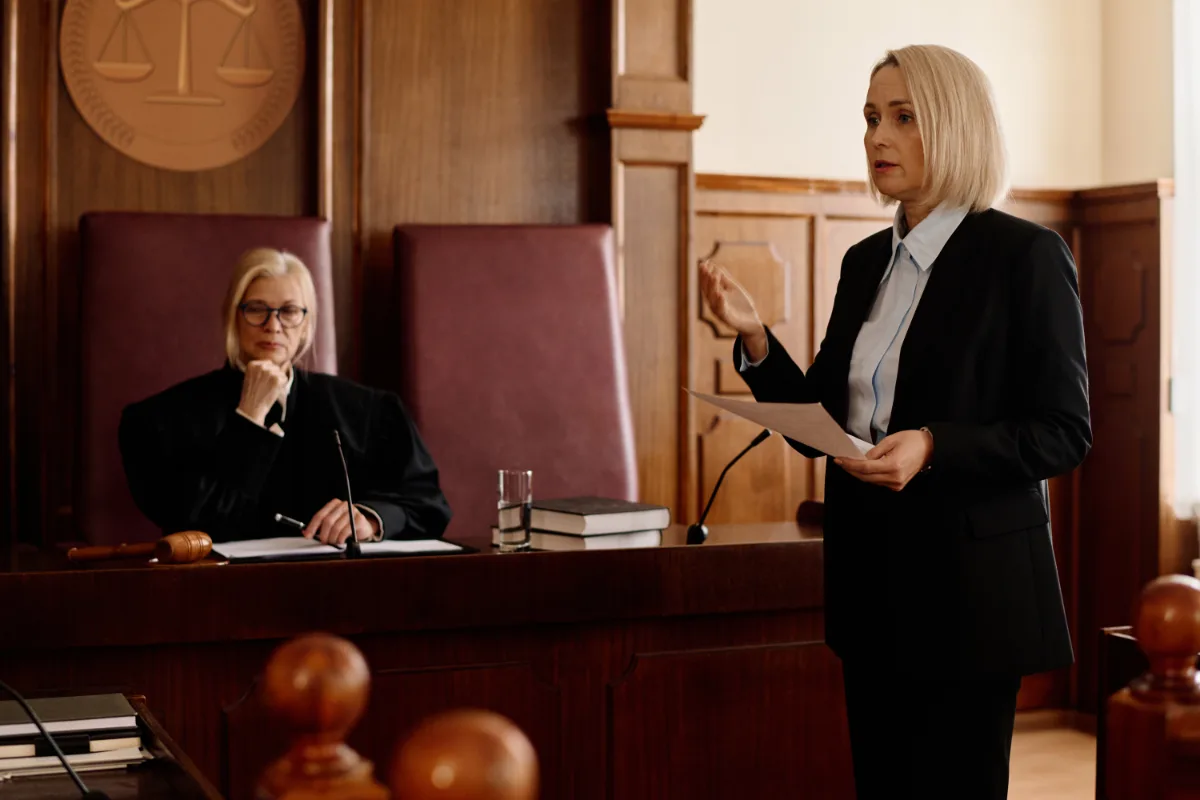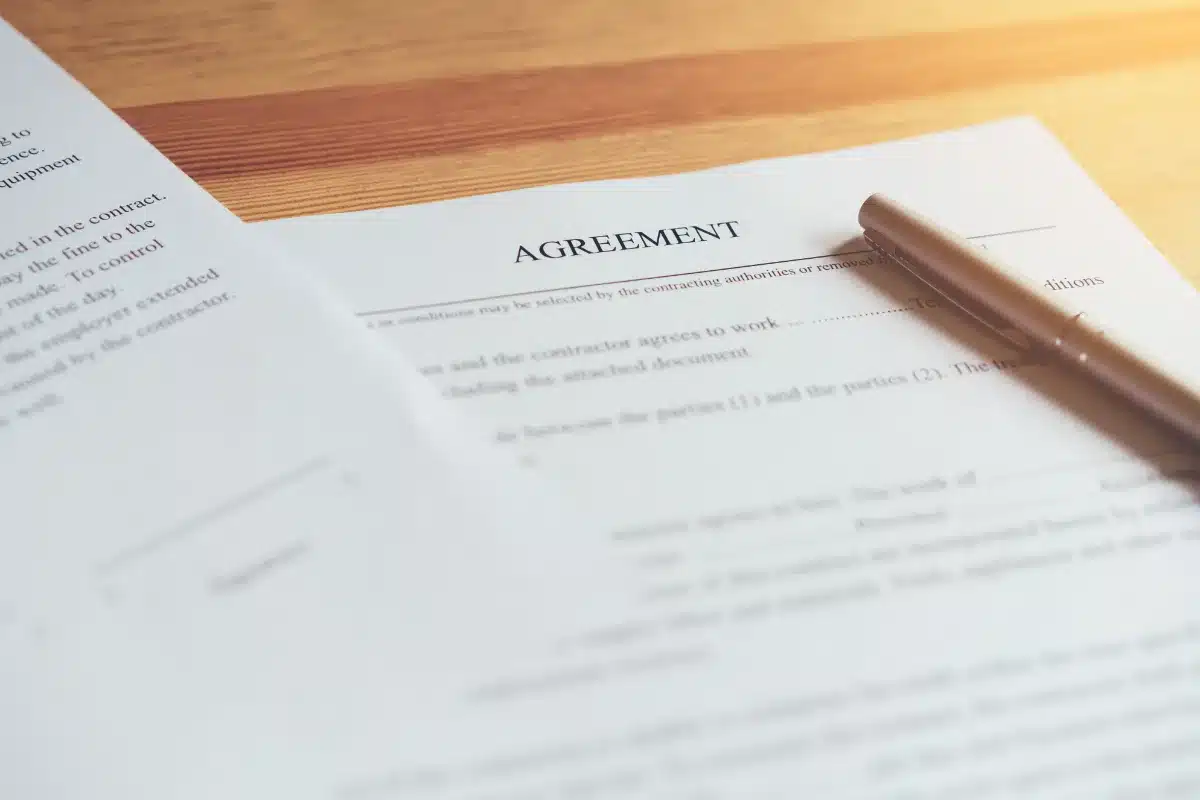WHAT IS HINDERING PROCEEDINGS BY DISORDERLY CONDUCT IN TEXAS? The Texas law against hindering proceedings by disorderly conduct prohibits disruptive behavior during official proceedings, including violent eruptions in a courtroom. WHAT IS THE HINDERING PROCEEDINGS BY DISORDERLY CONDUCT LAW IN TEXAS? Tex. Penal Code § 38.13. HINDERING PROCEEDINGS BY DISORDERLY...













